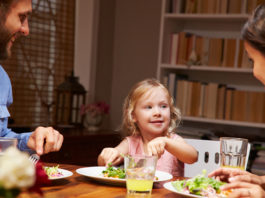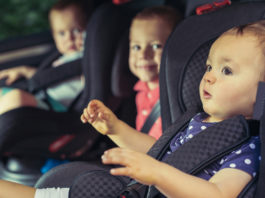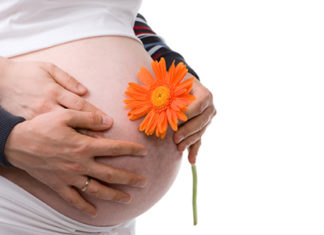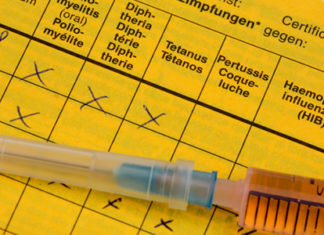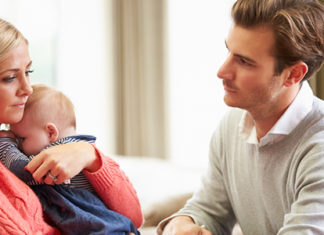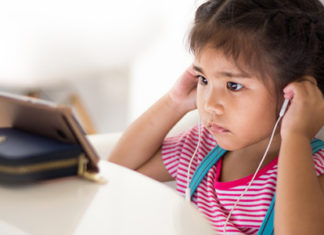Parents helping kids become independent
Research from La Trobe University’s Judith Lumley Centre has found many parents feel worried that family, friends and teachers might disapprove if they allow their children to go out without an adult.
More than 1700...
Stillbirth is not just stillbirth: more information is needed
Forty two babies are stillborn in Australia every week, and 60 per cent of them are recorded as “unexplained”.
Mater Research Institute-University of Queensland researchers undertook a global review of stillbirth reporting and classification, seeking...
Relationship between vaccine refusal and use of alternative medicines
A new study led by a researcher from The University of Western Australia has analysed the use of complementary and alternative medicine (CAM) by parents who reject some or all vaccines for their children.
The...
Talking to your baby makes all the difference
One in seven Aussie mums (16 percent) will experience the debilitating symptoms of peri-natal and post-natal depression.
While research into its cause continues, Western Sydney researchers have found evidence that infants of mothers with post-natal...
New codeine recommendations implemented
Consumers and health professionals are advised that the recommendations of the safety review of codeine use in children and rapid metabolisers have now been implemented.
The Product Information (PI) documents for all prescription codeine products...
Raising awareness for perinatal depression and anxiety
A Charles Sturt University (CSU) psychology academic says while rural women and men are at the same risk of suffering from pre- and post-natal depression as their metropolitan counterparts, the way they experience them...
Parenting with evidence to shape children’s behaviour
Most parents will be relieved to hear Senior Lecturer in Clinical Psychology John McAloon confirm, “All kids have tantrums.” But what strategies can parents take to ensure any challenges or struggles don’t become long-lasting,...
Children uniquely vulnerable to sleep disruption from screens
With their brains, sleep patterns, and eyes still developing, children and adolescents are particularly vulnerable to the sleep-disrupting effects of screen time, according to a sweeping review of the literature published in the journal...
SIDS breakthrough: why babies shouldn’t sleep face down
International research involving the University of Adelaide has uncovered a developmental abnormality in babies – especially in premature babies and in boys – that for the first time has been directly linked to cases...
SIDS breakthrough: why babies shouldn't sleep face down
International research involving the University of Adelaide has uncovered a developmental abnormality in babies – especially in premature babies and in boys – that for the first time has been directly linked to cases...
- Advertisement -
Sign up to receive the latest parenting news, competitions, health information, baby/child/whole family recipes, play ideas, outings, personal stories and much more.



